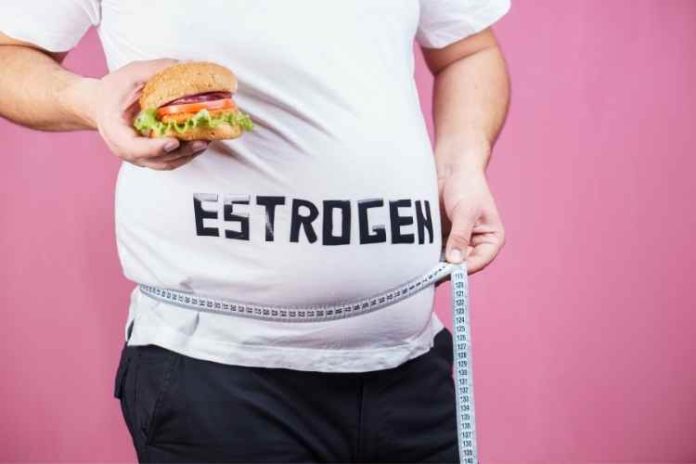Menopause is a natural biological occurrence in women and it starts when you hit your mid-40s. Menopause symptoms are unique and will differently affect your health. Symptoms like hot flashes, anxiety, and depression could likely disrupt your sleep and lower your emotional health. Mina K. Sinacori, MD, MPH, FACOG, and the obstetrics team at Memorial Women’s Specialists take a personalized approach to care for their patients to help them live comfortably through the phase.
What symptoms are you likely to have with menopause?
Your menopause experience is unique and very different. Unfortunately, your symptoms will tend to be more severe when you have sudden menopause or experience it over a shorter duration. Apart from your period changes, other symptoms of menopause include:
· Mood changes. Hormone fluctuations, especially during perimenopause, will make you feel out of your emotion’s control. You are likely to feel increased irritability, fatigue, anxiety, and blue moods.
· Urinary incontinence. As you age, specific foods might easily irritate your bladder’s lining resulting in involuntary urine loss. The good news, your doctor, could help improve your incontinence without surgery or medications.
· Sexual discomfort. Menopause forces you to have sexual dysfunction changes because of a decrease in ovarian hormone production. As a result, you will experience vaginal dryness and reduced sexual function.
Other symptoms could include:
· Anxiety
· Trouble falling asleep
· Night sweats
· Depression
· Stiff joints
· Headaches
What happens to you during menopause?
Menopause is a natural process that could happen in your 40s or 50s. The condition marks the finale of your menstrual cycle and your gynecologist will diagnose it approximately 12months after you saw your last period. Menopause happens when your ovaries begin to age, producing minimal levels of reproductive organs.
The first notable change is usually the loss of your ovarian follicles responsible for transporting your eggs from your ovary wall, allowing for fertility and menstruation flow. You will notice an inconsistency in your periods in your mid or late 40s. Sometimes menopause does not have to wait for age. Your doctor can also induce it, thanks to procedures like bilateral oophorectomy (removal of your ovaries).
How can your doctor help you overcome your symptoms?
Menopause does not require medical interventions from your doctor. The therapies your doctor will recommend will focus on relieving your symptoms and helping you manage chronic conditions likely to occur with aging. Treatment could include:
· Hormone therapy
· Vaginal estrogen
· Low-dose antidepressants
· Gabapentin
· Clonidine
· Medications to treat or prevent osteoporosis
How will your doctor use hormone treatment to alleviate your symptoms?
The therapy is a medical treatment your doctor will recommend to treat your menopausal treatments like vaginal discomforts and hot flashes. Your doctor will use the treatment to replace the estrogen your body no longer produces when you hit menopause. The main estrogen therapies are:
· Systemic hormone therapy. In the form of a skin patch, ring, pill, cream, or spray, systemic therapy has high estrogen doses and your doctor will use the therapy to treat most of your menopausal symptoms.
· Low-dose vaginal products. Mostly in tablet, ring, or cream forms, the products minimize estrogen levels your body absorbs. Therefore, your doctor can only recommend the treatment when dealing with vaginal dryness and urinary incontinence.
Make an appointment today to learn how you can have an easy life after menopause.


